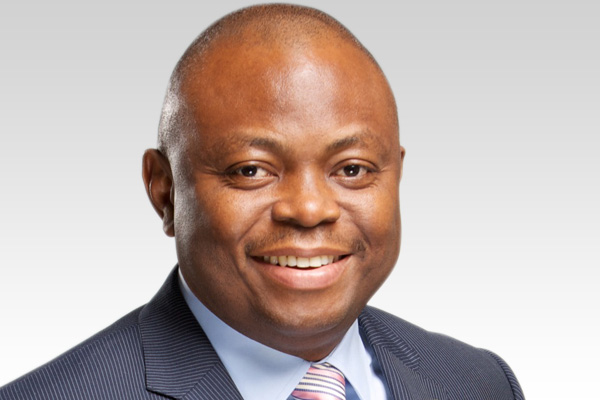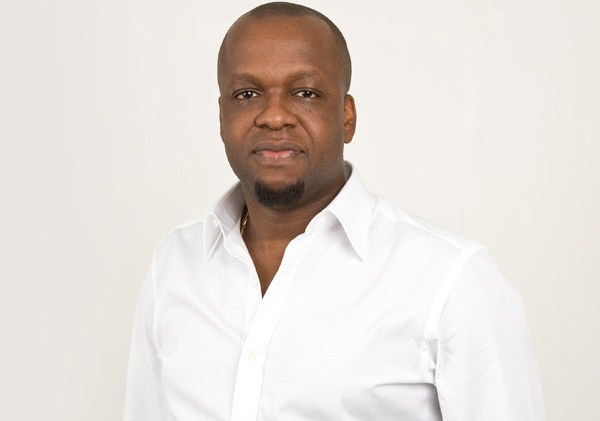EFCC Arrest Surety As Fidelity Bank’s CEO Okonkow Allegedly Jumps Bail
The Economic and Financial Crimes Commission has taken into custody the surety of the managing director of Fidelity Bank Plc, Nnamdi Okonkwo, after the suspect jumped the administrative bail granted him by the commission.
Chris Ezem, who stood as surety for the Fidelity Bank boss, was arrested by EFCC operatives on Wednesday after Mr Okonkwo failed to report to the commission’s office.
“The [Fidelity Bank] MD failed to report to be served his charges,” a source at the commission who declined to be named because he was not authorised to speak on the matter told PREMIUM TIMES.
Mr Okonkwo is facing a 14-count charge of conspiracy and money laundering alongside a former director at First Bank, Dauda Lawal, before a federal judge.
According to the EFCC, the suspects alongside Lanre Adesanya and Stanley Lawson, conspired with former petroleum minister, Diezani Alison-Madueke, to conceal $153 million in 2015.
The anti-graft agency often grants administrative bail to suspects who are being investigated and requires them to physically report periodically to the commission’s office.
A suspect is deemed to have jumped administrative bail if the person fails to physically present himself/herself on any of the agreed times.
“The implication is that the surety will be charged to court,” the source continued.
“And at the next adjourned date, if he (Mr Okonkwo) still has not reported to the commission, they can get a bench warrant and declare him wanted.”
When contacted, Tony Orilade, the EFCC acting spokesperson, confirmed the development saying the surety would be charged to court if Mr Okonkwo fails to produce himself.
“The person he (Mr Ezem) stood bail for has disappeared and all efforts to invite him… he has refused to honour the invitation extended to him,” .
“It is important for Nigerians to know the implication of standing as surety for anybody.”
On Monday, when the matter came up at the Lagos Division of the Federal High Court, Mr Okonkwo was absent in court.
He was also not represented by a lawyer.
The matter was thereafter adjourned till December 14 to enable the to EFCC serve the charge sheet to all the defendants.






Comments
Post a Comment